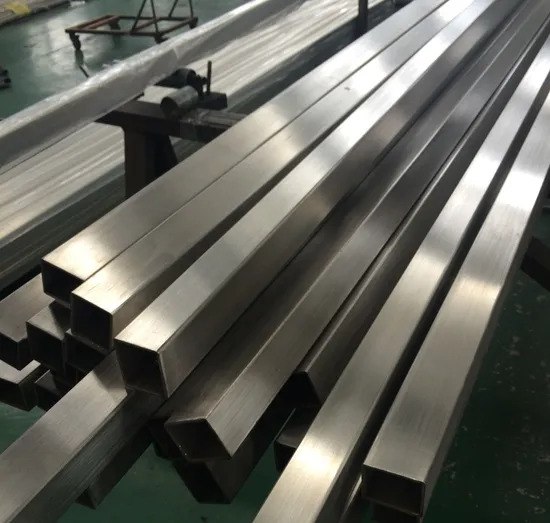
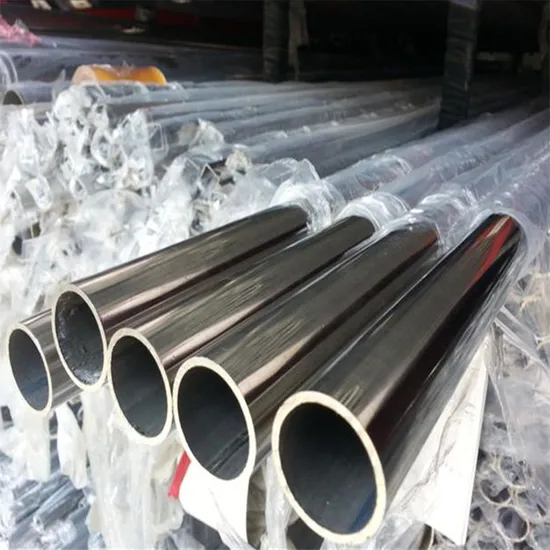
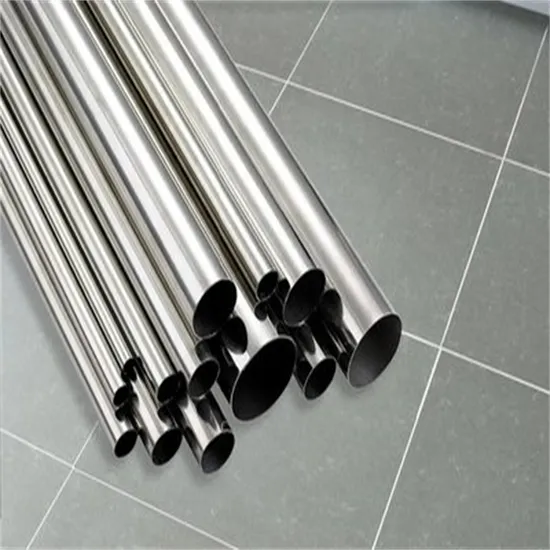
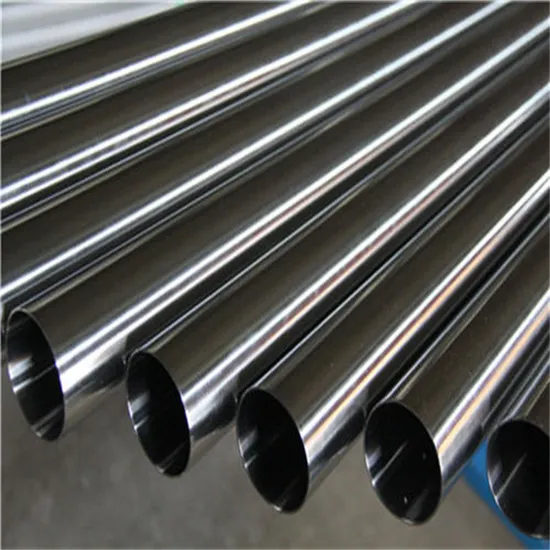
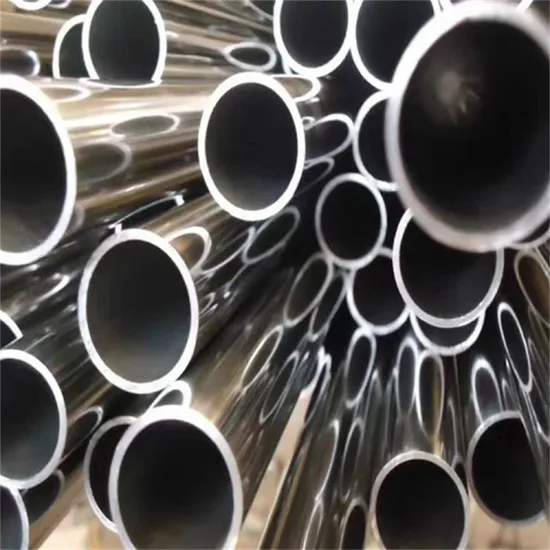

Preview
基本信息产品详情证书
基本信息
| 型号编号 | TI-6242s |
| 处理服务 | 弯管、焊接、卷料开卷、切割、冲压 |
| 型号号码 | Gr1/Gr2/Gr3/Gr5/Gr7/Gr9/Gr11 |
| 产品名称 | 钛棒 |
| 使用说明 | 管道运输、锅炉管道、油气钻探 |
| MOQ | 1000千克 |
| 交货时间 | 7-9天 |
| 交通包裹 | 符合出口标准的包装完好无损 |
| 规格 | 按要求 |
| 商标 | 博拉足球俱乐部 |
| 起源 | 中国 |
产品详情
Product Description
Preview

Preview
TI-6242sGood solderability, corrosion resistance and biocompatibility Titanium Alloy Steel Pipe
1)Products:
TI-6242sGood solderability, corrosion resistance and biocompatibility Titanium Alloy Steel Pipe
Titanium alloy tubes are tubes made of titanium alloys. Titanium alloys can be divided into three categories according to organization. (1 Titanium is added with aluminum and tin elements. 2 Titanium is added with aluminum chromium molybdenum vanadium and other alloy elements. 3 Titanium is added with aluminum and vanadium and other elements.) They have high mechanical properties, excellent stamping performance, and can be used for various In various forms of welding, the strength of the welded joint can reach 90% of the strength of the base metal, and the cutting performance is good. Titanium tube has high corrosion resistance to chloride, sulfide and ammonia. Titanium has higher corrosion resistance in seawater than aluminum alloys, stainless steels, and nickel-based alloys. Titanium is also resistant to water impact.
1)Products:
TI-6242sGood solderability, corrosion resistance and biocompatibility Titanium Alloy Steel Pipe
Titanium alloy tubes are tubes made of titanium alloys. Titanium alloys can be divided into three categories according to organization. (1 Titanium is added with aluminum and tin elements. 2 Titanium is added with aluminum chromium molybdenum vanadium and other alloy elements. 3 Titanium is added with aluminum and vanadium and other elements.) They have high mechanical properties, excellent stamping performance, and can be used for various In various forms of welding, the strength of the welded joint can reach 90% of the strength of the base metal, and the cutting performance is good. Titanium tube has high corrosion resistance to chloride, sulfide and ammonia. Titanium has higher corrosion resistance in seawater than aluminum alloys, stainless steels, and nickel-based alloys. Titanium is also resistant to water impact.
Preview
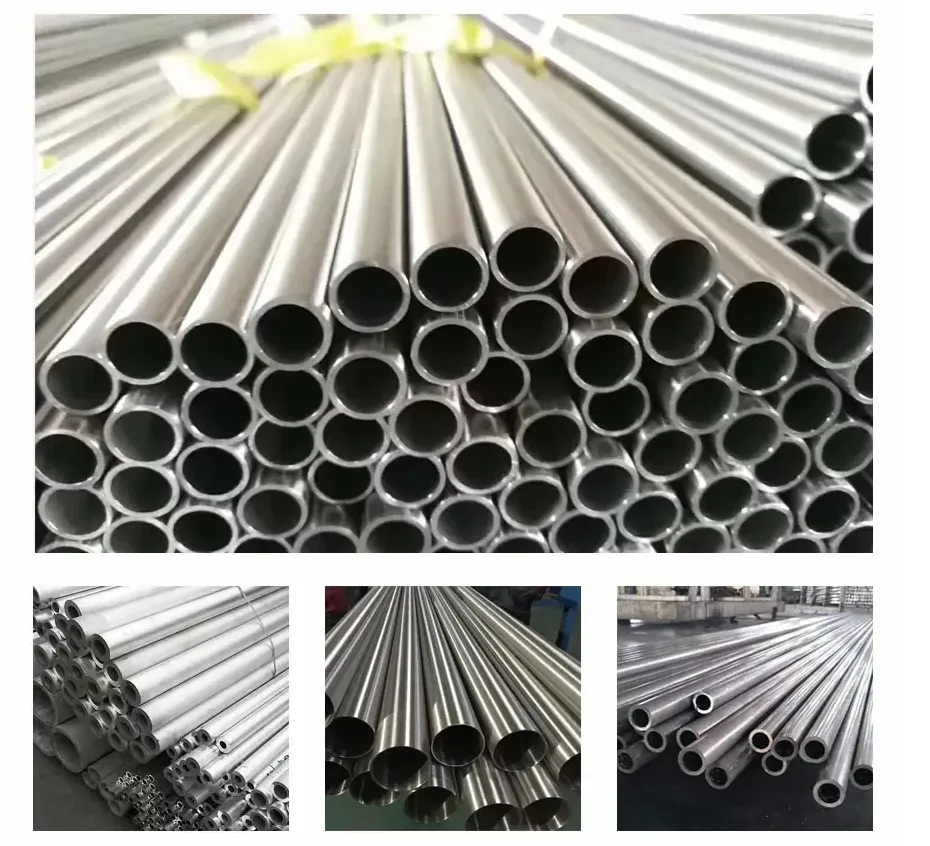
Preview
2)Application
Titanium alloy is mainly used to make aircraft engine compressor components, followed by rocket, missile and high-speed aircraft structural parts. In the mid-1960s, titanium and its alloys have been used in general industry, for making electrodes in the electrolysis industry, condensers in power plants, heaters for petroleum refining and seawater desalination, and environmental pollution control devices. Titanium and its alloys have become a corrosion-resistant structural material. It is also used to produce hydrogen storage materials and shape memory alloys.3)Titanium alloy classification
Fold by organization
(1 Titanium adds aluminum and tin elements. 2 Titanium adds aluminum chromium molybdenum vanadium and other alloy elements. 3 Titanium adds aluminum and vanadium and other elements.) Titanium alloy has high strength and small density, good mechanical properties, toughness and The corrosion resistance is very good. In addition: the titanium alloy has poor process performance and difficult cutting. In hot processing, it is very easy to absorb impurities such as oxyhydrogen, nitrogen, carbon, etc. There is also poor wear resistance, and the production process is complicated.Fold by mixed elements
An alloy composed of titanium and other elements. The industrial production of titanium began in 1948. The need for the development of the aviation industry has enabled the titanium industry to grow at an average annual growth rate of about 8%. At present, the annual output of titanium alloy processed materials in the world has reached more than 40,000 tons, and there are nearly 30 kinds of titanium alloy grades. The most widely used titanium alloys are Ti-6Al-4V (TC4), Ti-5Al-2.5Sn (TA7) and industrial pure titanium (TA1, TA2 and TA3).Fold by use
Titanium alloys can be divided into heat-resistant alloys, high-strength alloys, corrosion-resistant alloys (titanium-molybdenum, titanium-palladium alloys, etc.), low-temperature alloys, and special functional alloys (titanium-iron hydrogen storage materials and titanium-nickel memory alloys), etc. . The composition and properties of typical alloys are shown in the table.
Titanium Alloy Tube Properties
Titanium Alloy Tube Performance: This advanced metal is characterized by its purity and the control of impurities like carbon, nitrogen, hydrogen, and oxygen. The purest form, iodide titanium, contains impurities of less than 0.1%, resulting in low strength but high plasticity. For industrial pure titanium (99.5%), properties include a density of ρ=4.5g/cm³, a melting point of 1725ºC, thermal conductivity λ=15.24W/(m.K), tensile strength σb=539MPa, elongation δ=25%, section shrinkage ψ=25%, an elastic modulus E=1.078×10MPa, and a hardness of HB195.Advantages of Titanium Alloy
Titanium Alloy's Distinguished Advantages Over Other Metals:
Titanium alloys feature a remarkable strength-to-weight ratio (tensile strength/density), with tensile strengths ranging from 100 to 140 kgf/mm² and a density that is only 60% of steel.Exceptional medium temperature strength allows titanium alloys to maintain necessary strength at temperatures several hundred degrees higher than aluminum alloys, performing reliably at temperatures between 450 to 500°C.Impressive corrosion resistance is achieved through the immediate formation of a uniform, dense oxide film on titanium's surface, providing protection against a variety of media. Titanium excels in oxidizing and neutral environments and offers superior resistance in seawater, wet chlorine gas, and chloride solutions. However, its corrosion resistance in reducing media like hydrochloric acid is limited.Titanium alloys, such as TA7, exhibit excellent low-temperature performance, maintaining plasticity even at -253°C.Low elastic modulus, minimal thermal conductivity, and non-ferromagnetic properties enhance the appeal of titanium alloys.High hardness is another notable characteristic of titanium alloys.While titanium alloys have poor stamping performance, they exhibit good thermoplasticity.Heat treatments can yield different phase compositions and microstructures in titanium alloys. Fine equiaxed structures offer high plasticity, thermal stability, and fatigue strength, while acicular structures provide high enduring strength, creep strength, and fracture toughness. Combined equiaxed and acicular structures offer a balanced mix of desirable properties.Common heat treatment methods include annealing, solution treatment, and aging. Annealing eliminates internal stress, improves plasticity, and stabilizes structure to enhance overall properties. Typically, α alloy and (α+β) alloy are annealed at 120 ~ 200ºC below the (α+β) -→ β phase transition point. Solution and aging treatment involves rapid cooling from high temperatures to form martensitic α 'phase and metastable β phase, followed by heat preservation to decompose these metastable phases into α phase or small dispersed second phase particles, thereby strengthening the alloy. Generally, (alpha + beta) alloys are quenched 40 ~ 100 ºC below the alpha + beta) -- - > beta phase transition point, while metastable beta alloys are quenched 40 ~ 80 ºC above this point. The aging treatment temperature typically ranges from 450 ~ 550ºC. Additionally, to meet specialized workpiece requirements, the industry employs double annealing, isothermal annealing, β heat treatment, deformation heat treatment, and other advanced metal heat treatment processes.Product parameter
Technical specification
Application
Titanium alloy is predominantly used in aircraft engine compressor components, with secondary applications in rockets, missiles, and high-speed aircraft structural parts. By the mid-1960s, titanium and its alloys were adopted in general industries for manufacturing electrodes in the electrolytic industry, power station condensers, oil refining heaters, seawater desalination units, and environmental pollution control devices. Titanium and its alloys have ascended as premier corrosion-resistant structural materials. Additionally, they are utilized in producing hydrogen storage materials and shape memory alloys.China initiated research on titanium and titanium alloys in 1956. By the mid-1960s, the nation commenced industrial production of titanium materials and successfully developed the TB2 alloy.
Titanium alloy is mainly used to make aircraft engine compressor components, followed by rocket, missile and high-speed aircraft structural parts. In the mid-1960s, titanium and its alloys have been used in general industry, for making electrodes in the electrolysis industry, condensers in power plants, heaters for petroleum refining and seawater desalination, and environmental pollution control devices. Titanium and its alloys have become a corrosion-resistant structural material. It is also used to produce hydrogen storage materials and shape memory alloys.3)Titanium alloy classification
Fold by organization
(1 Titanium adds aluminum and tin elements. 2 Titanium adds aluminum chromium molybdenum vanadium and other alloy elements. 3 Titanium adds aluminum and vanadium and other elements.) Titanium alloy has high strength and small density, good mechanical properties, toughness and The corrosion resistance is very good. In addition: the titanium alloy has poor process performance and difficult cutting. In hot processing, it is very easy to absorb impurities such as oxyhydrogen, nitrogen, carbon, etc. There is also poor wear resistance, and the production process is complicated.Fold by mixed elements
An alloy composed of titanium and other elements. The industrial production of titanium began in 1948. The need for the development of the aviation industry has enabled the titanium industry to grow at an average annual growth rate of about 8%. At present, the annual output of titanium alloy processed materials in the world has reached more than 40,000 tons, and there are nearly 30 kinds of titanium alloy grades. The most widely used titanium alloys are Ti-6Al-4V (TC4), Ti-5Al-2.5Sn (TA7) and industrial pure titanium (TA1, TA2 and TA3).Fold by use
Titanium alloys can be divided into heat-resistant alloys, high-strength alloys, corrosion-resistant alloys (titanium-molybdenum, titanium-palladium alloys, etc.), low-temperature alloys, and special functional alloys (titanium-iron hydrogen storage materials and titanium-nickel memory alloys), etc. . The composition and properties of typical alloys are shown in the table.
Titanium Alloy Tube Properties
Titanium Alloy Tube Performance: This advanced metal is characterized by its purity and the control of impurities like carbon, nitrogen, hydrogen, and oxygen. The purest form, iodide titanium, contains impurities of less than 0.1%, resulting in low strength but high plasticity. For industrial pure titanium (99.5%), properties include a density of ρ=4.5g/cm³, a melting point of 1725ºC, thermal conductivity λ=15.24W/(m.K), tensile strength σb=539MPa, elongation δ=25%, section shrinkage ψ=25%, an elastic modulus E=1.078×10MPa, and a hardness of HB195.Advantages of Titanium Alloy
Titanium Alloy's Distinguished Advantages Over Other Metals:
Titanium alloys feature a remarkable strength-to-weight ratio (tensile strength/density), with tensile strengths ranging from 100 to 140 kgf/mm² and a density that is only 60% of steel.Exceptional medium temperature strength allows titanium alloys to maintain necessary strength at temperatures several hundred degrees higher than aluminum alloys, performing reliably at temperatures between 450 to 500°C.Impressive corrosion resistance is achieved through the immediate formation of a uniform, dense oxide film on titanium's surface, providing protection against a variety of media. Titanium excels in oxidizing and neutral environments and offers superior resistance in seawater, wet chlorine gas, and chloride solutions. However, its corrosion resistance in reducing media like hydrochloric acid is limited.Titanium alloys, such as TA7, exhibit excellent low-temperature performance, maintaining plasticity even at -253°C.Low elastic modulus, minimal thermal conductivity, and non-ferromagnetic properties enhance the appeal of titanium alloys.High hardness is another notable characteristic of titanium alloys.While titanium alloys have poor stamping performance, they exhibit good thermoplasticity.Heat treatments can yield different phase compositions and microstructures in titanium alloys. Fine equiaxed structures offer high plasticity, thermal stability, and fatigue strength, while acicular structures provide high enduring strength, creep strength, and fracture toughness. Combined equiaxed and acicular structures offer a balanced mix of desirable properties.Common heat treatment methods include annealing, solution treatment, and aging. Annealing eliminates internal stress, improves plasticity, and stabilizes structure to enhance overall properties. Typically, α alloy and (α+β) alloy are annealed at 120 ~ 200ºC below the (α+β) -→ β phase transition point. Solution and aging treatment involves rapid cooling from high temperatures to form martensitic α 'phase and metastable β phase, followed by heat preservation to decompose these metastable phases into α phase or small dispersed second phase particles, thereby strengthening the alloy. Generally, (alpha + beta) alloys are quenched 40 ~ 100 ºC below the alpha + beta) -- - > beta phase transition point, while metastable beta alloys are quenched 40 ~ 80 ºC above this point. The aging treatment temperature typically ranges from 450 ~ 550ºC. Additionally, to meet specialized workpiece requirements, the industry employs double annealing, isothermal annealing, β heat treatment, deformation heat treatment, and other advanced metal heat treatment processes.Product parameter
Technical specification
Application
Titanium alloy is predominantly used in aircraft engine compressor components, with secondary applications in rockets, missiles, and high-speed aircraft structural parts. By the mid-1960s, titanium and its alloys were adopted in general industries for manufacturing electrodes in the electrolytic industry, power station condensers, oil refining heaters, seawater desalination units, and environmental pollution control devices. Titanium and its alloys have ascended as premier corrosion-resistant structural materials. Additionally, they are utilized in producing hydrogen storage materials and shape memory alloys.China initiated research on titanium and titanium alloys in 1956. By the mid-1960s, the nation commenced industrial production of titanium materials and successfully developed the TB2 alloy.
Preview

Preview
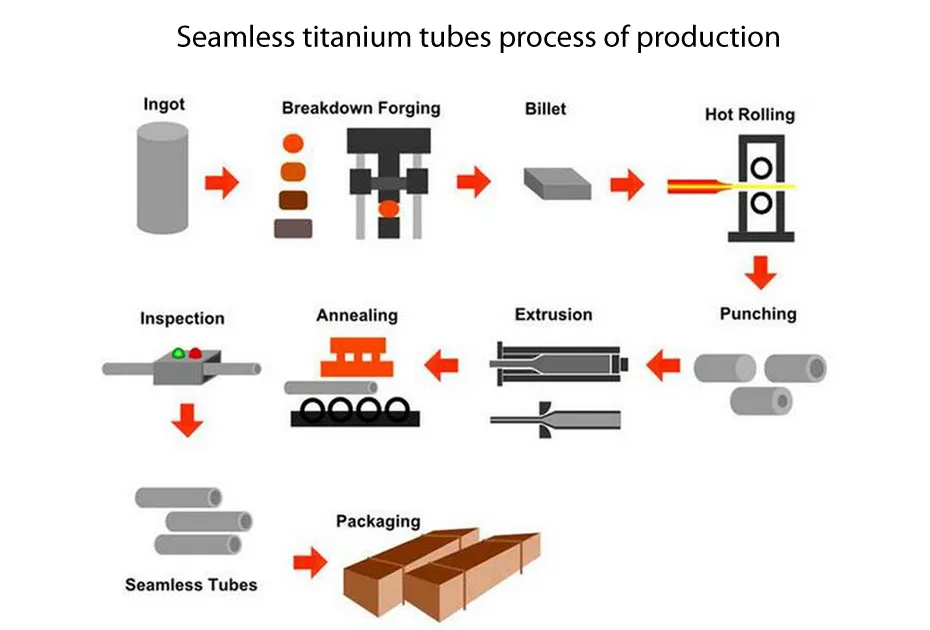
Preview

Preview
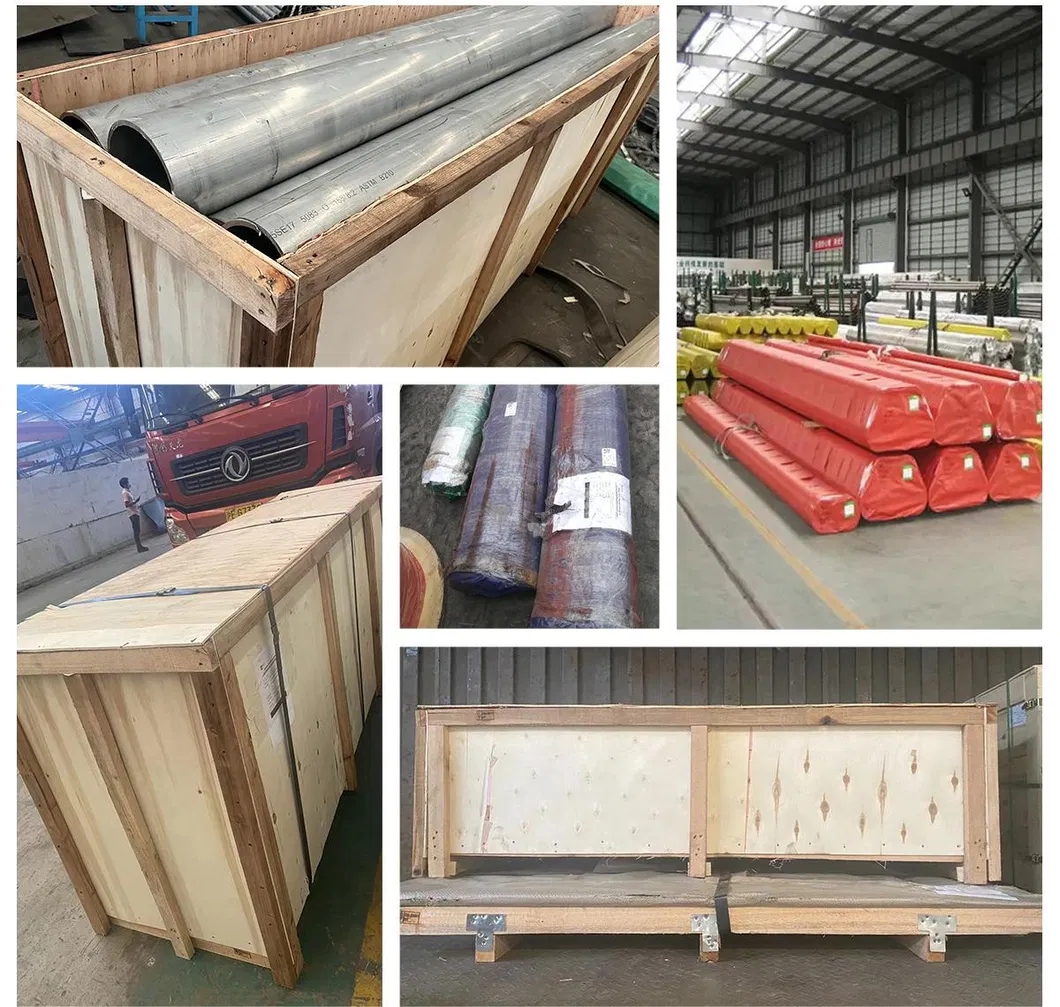
Preview

Preview
Our Advantages
Qualitative Materials:
We utilize premium, top-grade raw materials to ensure our products deliver superior strength, resilience, and longevity.Advanced Technology:
Our manufacturing processes incorporate cutting-edge technologies, including advanced smelting, continuous casting, and rolling techniques.Customized Service:
We offer bespoke design and manufacturing services to meet the unique needs and requirements of our customers.FAQ
Q1: Why choose your company?
A: With over 16 years of unparalleled industry expertise and the advantage of having our own state-of-the-art factory, we deliver exceptional services that are further enhanced by our professional and dedicated sales team.Q2: What are your terms of payment?
A: We require a 30% T/T deposit upfront, with the remaining 70% due before delivery.Q3: What are your delivery terms?
A: Our terms include FOB, CFR, CIF, and EXW.Q4: What is your delivery time?
A: Our standard lead time ranges from 7 to 15 days after receiving the deposit.Q5: Can you provide samples?
A: Yes, we offer complimentary samples if they are available in stock. However, the transportation fees must be borne by the buyer.Certification
Qualitative Materials:
We utilize premium, top-grade raw materials to ensure our products deliver superior strength, resilience, and longevity.Advanced Technology:
Our manufacturing processes incorporate cutting-edge technologies, including advanced smelting, continuous casting, and rolling techniques.Customized Service:
We offer bespoke design and manufacturing services to meet the unique needs and requirements of our customers.FAQ
Q1: Why choose your company?
A: With over 16 years of unparalleled industry expertise and the advantage of having our own state-of-the-art factory, we deliver exceptional services that are further enhanced by our professional and dedicated sales team.Q2: What are your terms of payment?
A: We require a 30% T/T deposit upfront, with the remaining 70% due before delivery.Q3: What are your delivery terms?
A: Our terms include FOB, CFR, CIF, and EXW.Q4: What is your delivery time?
A: Our standard lead time ranges from 7 to 15 days after receiving the deposit.Q5: Can you provide samples?
A: Yes, we offer complimentary samples if they are available in stock. However, the transportation fees must be borne by the buyer.Certification
Preview
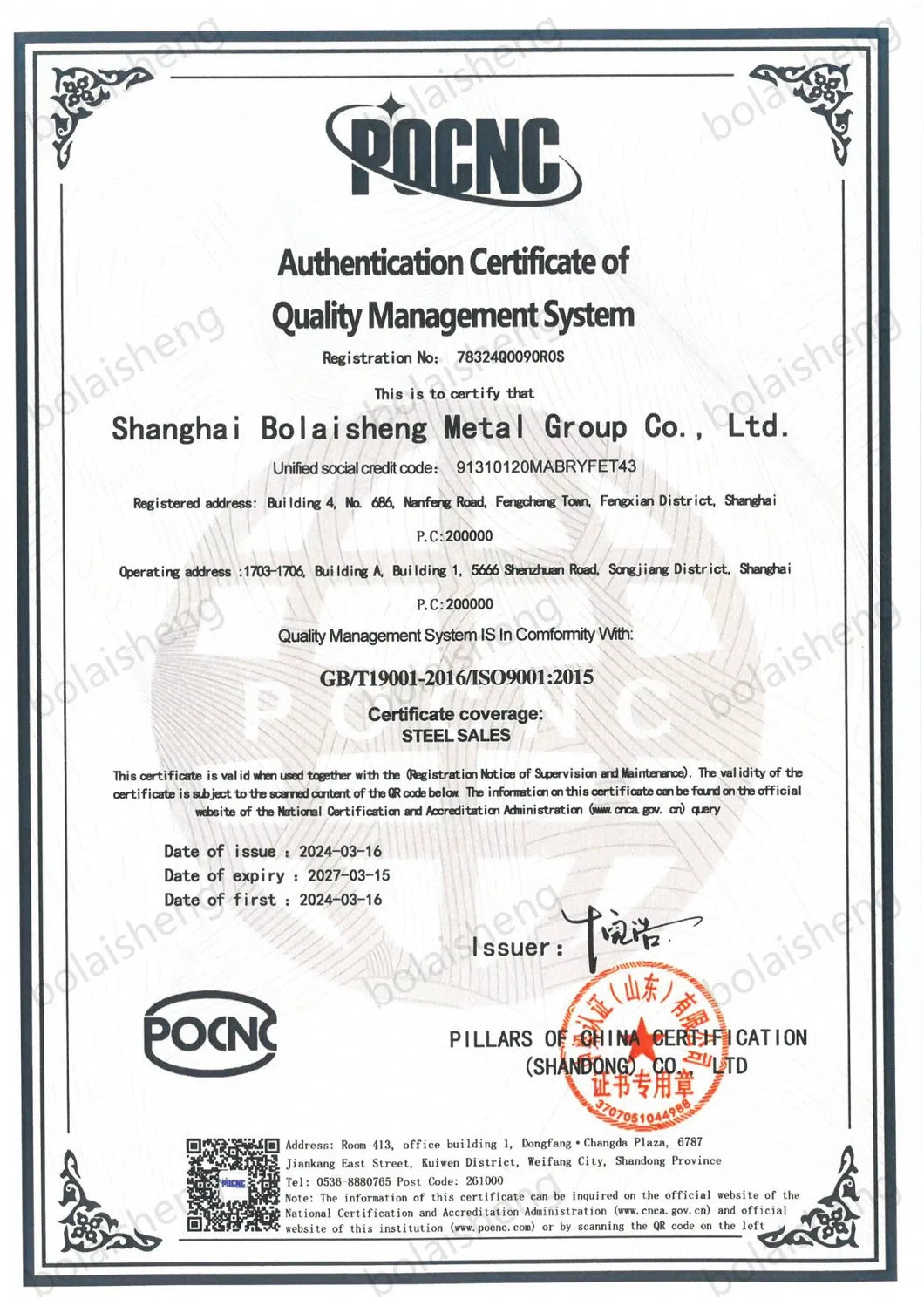
Preview
证书
标题:质量管理系统的认证证书

Preview


 上海
上海  已认证
已认证
